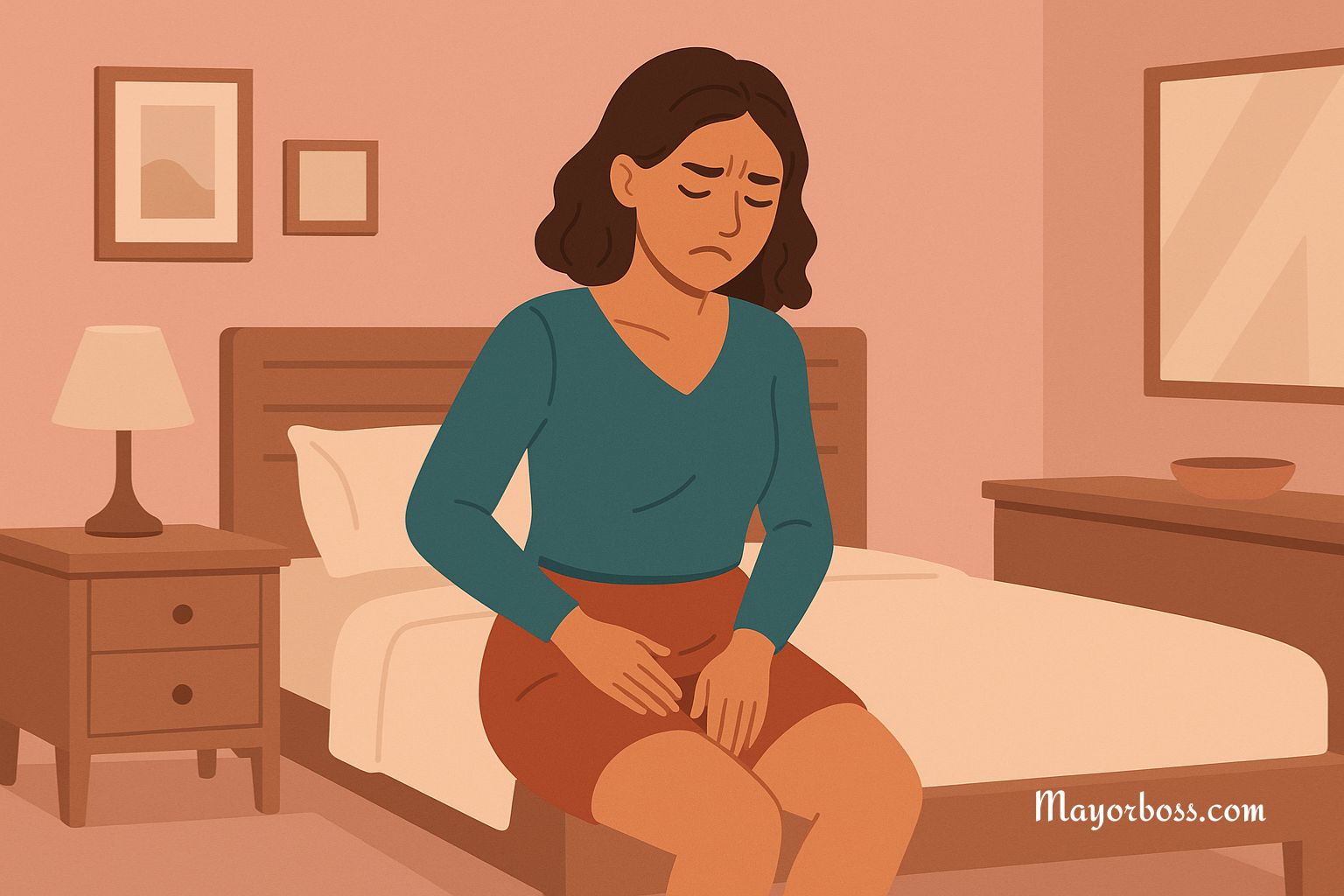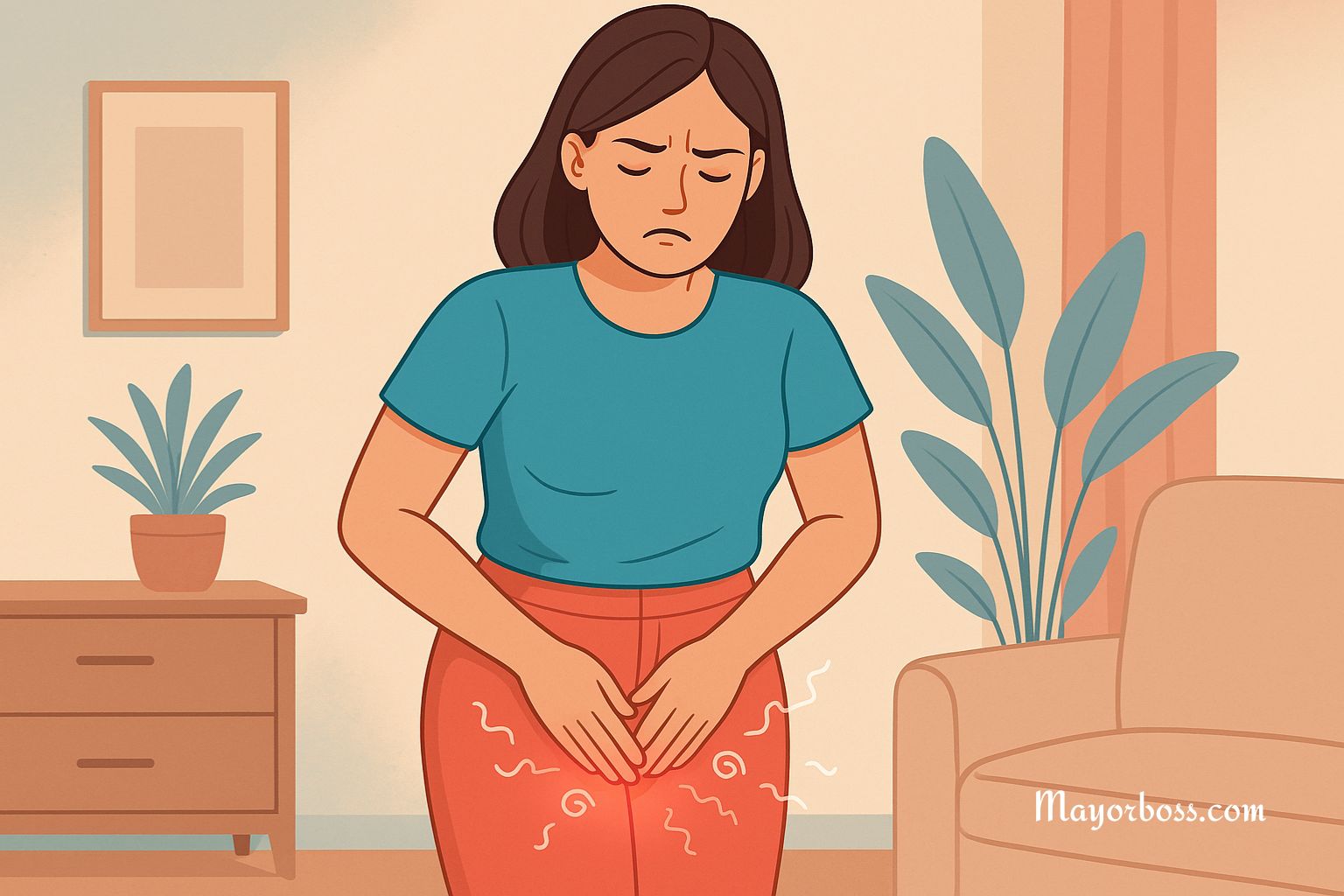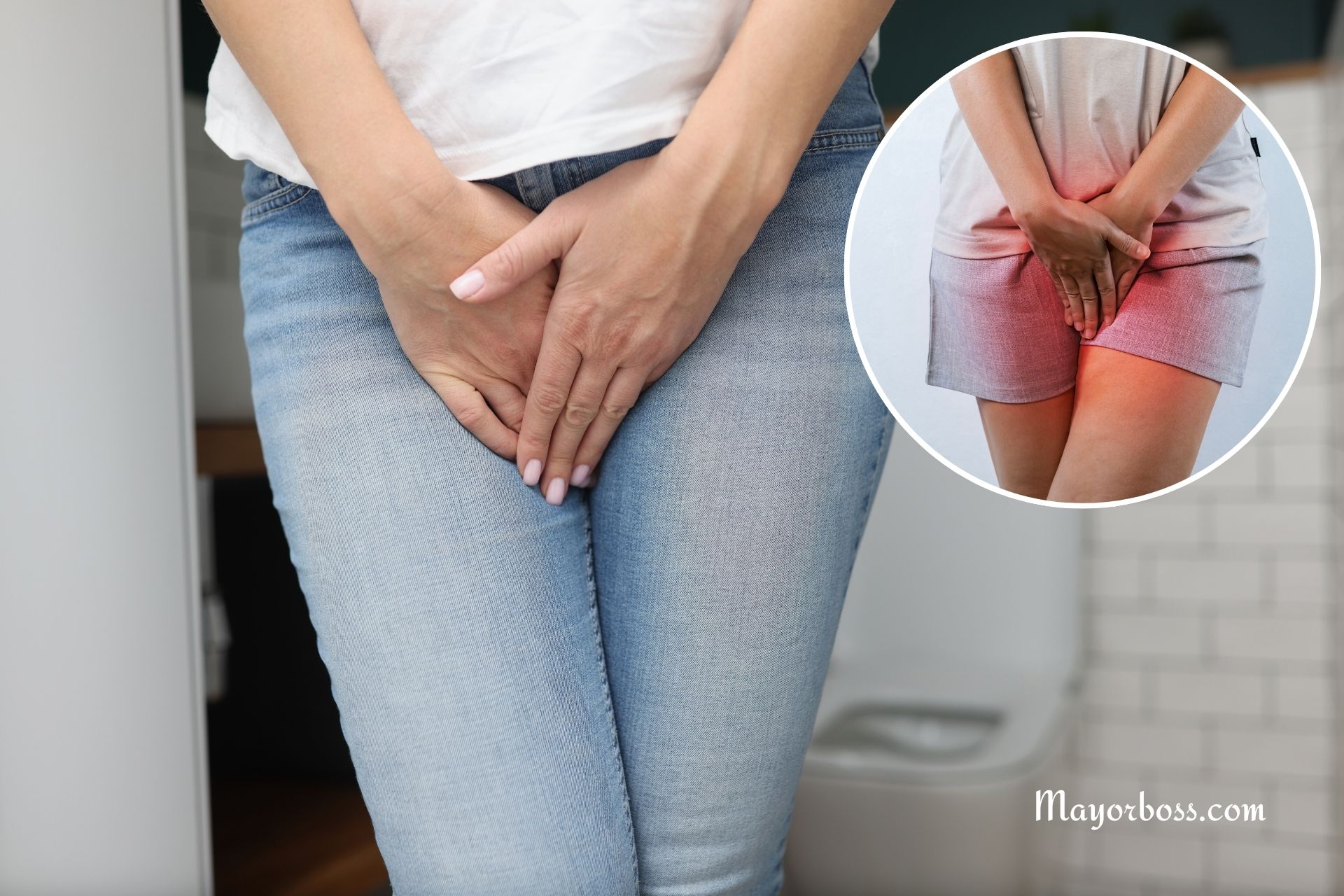6 Common Causes of Vaginal Itching Every Woman Should Know
Vaginal itching is a symptom many women feel uncomfortable talking about. But it’s a common issue—and it can happen to anyone, at any age. While it’s often not serious, persistent itching can signal an underlying condition that needs attention. For example, fungal infections and sexually transmitted diseases require medical attention.
This article will walk you through six of the most common causes of vaginal itching. Knowing what to look for can help you get relief sooner and avoid complications.

1. Yeast Infection
A yeast infection, also called vaginal candidiasis, happens when there is an overgrowth of Candida, a type of fungus that naturally lives in the vagina.
Common triggers include:
- Antibiotic use
- Pregnancy
- Hormonal changes
- A weakened immune system
Symptoms usually include:
- Itching and irritation
- Thick, white, cottage cheese-like discharge
- Redness and swelling around the vulva
- Burning during urination or sex
Yeast infections are not sexually transmitted, but they are very common. Over-the-counter antifungal creams can help in mild cases, but if symptoms are severe or keep coming back, you should talk to your doctor.
2. Bacterial Vaginosis (BV)
Bacterial vaginosis happens when there’s an imbalance between the “good” and “bad” bacteria in the vagina. It’s the most common vaginal infection in women of childbearing age.
Symptoms include:
- Itching or irritation
- Thin, grayish discharge
- A strong fishy odor, especially after sex
BV isn’t considered a sexually transmitted infection, but it can be triggered through sexual activity, douching, or new partners. It requires prescription antibiotics to treat.
3. Irritating Products
The skin around the vagina is delicate. It doesn’t take much to throw things off. Common irritants include:
- Scented soaps or body washes
- Bubble baths
- Feminine sprays or wipes
- Laundry detergents
- Pads or panty liners with fragrances
These products can cause a type of reaction called contact dermatitis. You might notice itching, redness, and sometimes a rash.
To protect your vaginal health, choose unscented, gentle products. And avoid douching—it removes protective bacteria and may make things worse.
4. Sexually Transmitted Infections (STIs)
Some STIs can lead to vaginal itching, especially in the early stages. These include:
- Trichomoniasis – often causes itching, burning, and a frothy yellow-green discharge
- Genital herpes – may cause itching, tingling, and painful blisters
- Chlamydia or gonorrhea – can cause discharge, discomfort, or no symptoms at all
If you’re sexually active and have unusual symptoms—especially if they don’t go away—it’s important to get tested. Many STIs can be treated effectively if caught early.
5. Hormonal Changes
Hormonal shifts, especially during menopause, can lead to vaginal dryness and thinning of the vaginal lining. This condition is called vaginal atrophy.
Lower estrogen levels affect natural lubrication, leading to:
- Itching
- Burning
- Dryness
- Pain during intercourse
Moisturizers made for vaginal use can help, and in some cases, low-dose estrogen therapy may be recommended.
Hormonal changes after childbirth or during breastfeeding can also cause similar symptoms, though they usually improve over time.
6. Skin Conditions
Certain chronic skin problems can affect the genital area and cause persistent itching. Two common ones include:
- Eczema (atopic dermatitis): A common condition that causes dry, itchy, and inflamed skin
- Lichen sclerosus: A less common condition that causes thin, white patches and scarring
These conditions often need medical diagnosis and treatment, which may involve steroid creams or other medications. Scratching can make symptoms worse, so it’s best to see a doctor if you suspect a skin condition is involved.
When to See a Doctor
A little itch that goes away quickly usually isn’t a concern. But you should seek medical care if:
- The itching lasts more than a few days
- You have unusual discharge or odor
- You see redness, swelling, or sores
- You have pain during urination or sex
- You’ve had frequent infections or recurring symptoms
Getting the right diagnosis is key. Treatment depends on the cause, and guessing can delay healing.






